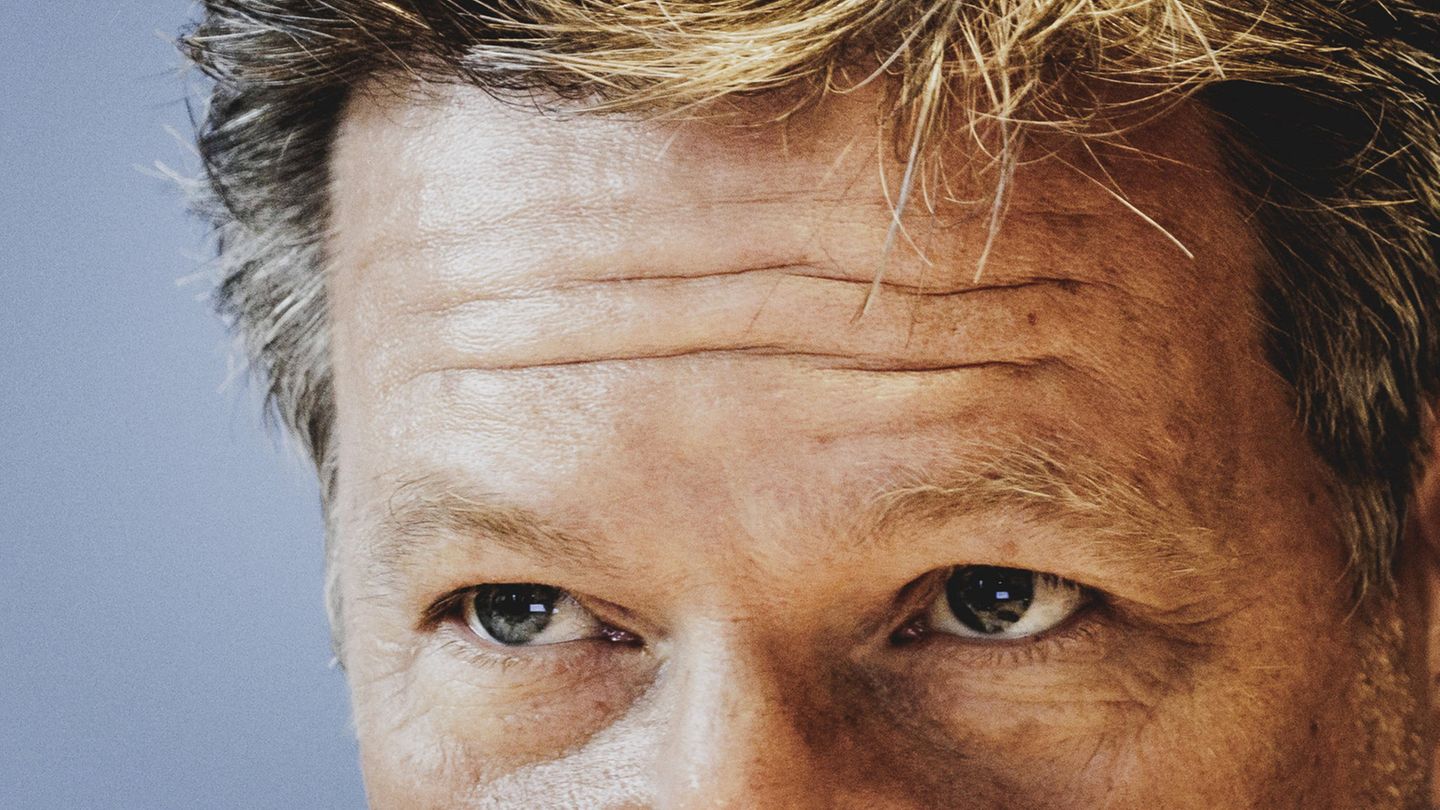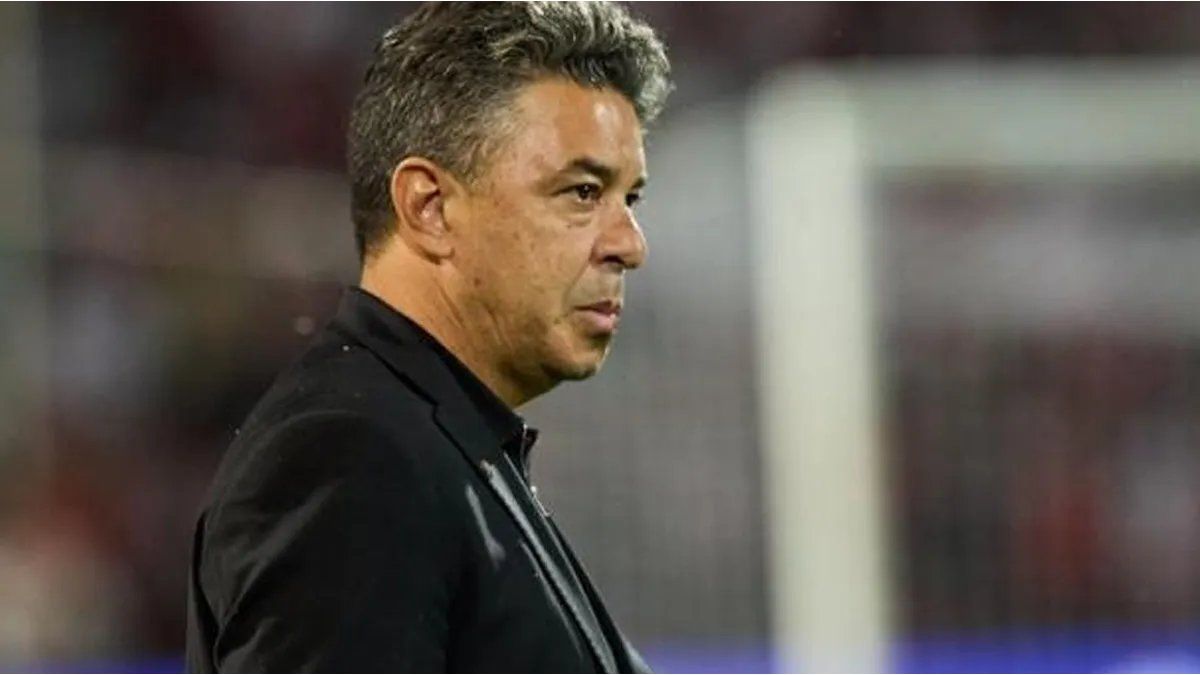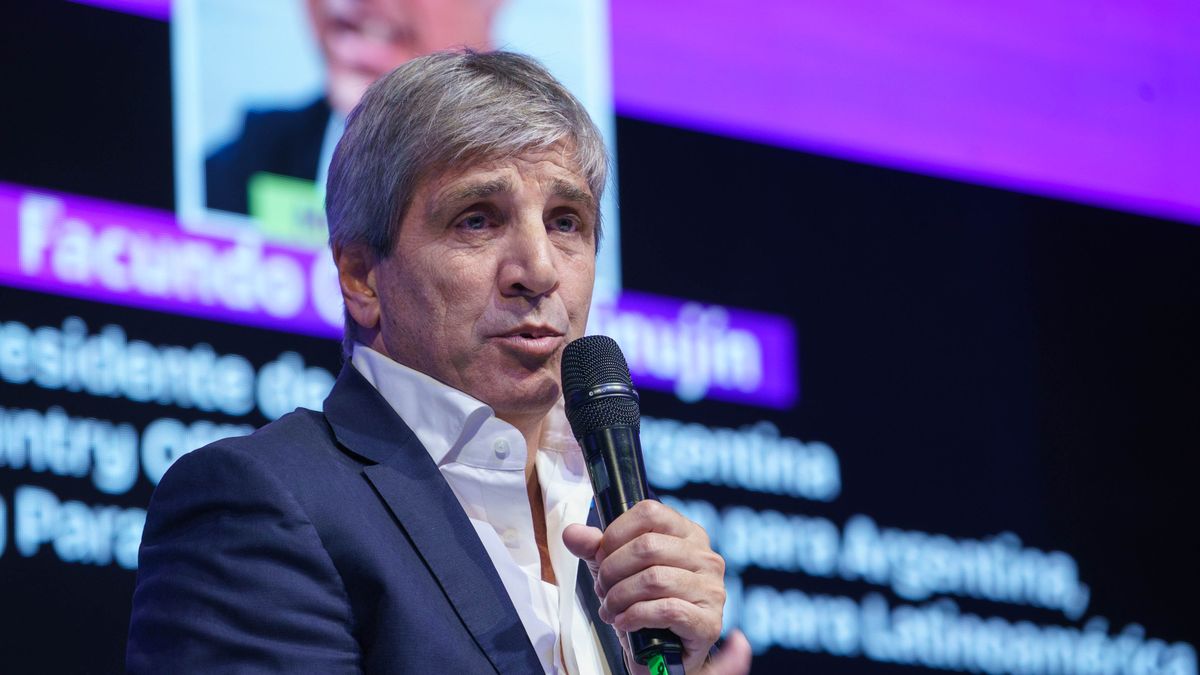While Economics Minister Robert Habeck is touring the country, he suddenly becomes the person who will lead the Greens into the next election campaign. Can this end well?
It’s getting extremely hot for Robert Habeck. The Minister of Economic Affairs is visiting a glass factory. In production, where several machines are spitting out glowing bottles in unison, it’s sweltering hot. The equipment that visitors have to wear here doesn’t make the temperatures any more pleasant. With his protective coat, safety hat and hearing protection with microphone, Habeck looks like a helicopter pilot. Ready for takeoff.
The Minister of Economic Affairs is on a summer trip, travelling across the country for five days. The trip is actually supposed to focus on issues that are important to him and his ministry: transformation of the economy, climate-friendly industry, new mobility concepts. Actually. Until Foreign Minister Annalena Baerbock announced in a CNN interview on Wednesday on the sidelines of the NATO summit that she did not want to run for chancellor again because of the many challenges in the international world situation. That is why Thursday is suddenly for Habeck: the secret day 1 of his candidacy for chancellor.
Habeck is trying to dismiss this statement as premature. He had already stressed the evening before that the committees would have to discuss this issue and that the “right decisions would be announced in good time”, but even Toni Hofreiter, let’s say, should not have too high hopes when it comes to the K question.
Robert Habeck only needs to access
The real political reality is this: With Baerbock’s withdrawal, the way is finally clear for the man who actually wanted to be the candidate for chancellor in 2021. Now he just has to take action. In the past weeks and months, the only question that has been raised is this: Baerbock or Habeck?
This eternal K question was simmering under the surface, even though it was actually clear that no one needed the open power struggle between the two. If no one had withdrawn, all members would have been asked in a primary election, according to the procedure the Greens had agreed on to avoid a repeat of the 2021 stalemate. Only now Baerbock and Habeck would have been running against each other, possibly hurting each other and the party along with them.
The Greens’ problems are already too great for such an approach. The poor performance in the European elections plunged the Greens into a real crisis of meaning. The party has long been debating whether a candidate for chancellor is even necessary given such a result.
For a long time, Habeck’s view on this damned K question was this: If the Greens want to put a candidate into the race, it will only be if the traffic light coalition is seen as somewhat successful. And if that were the case, then it might also have had something to do with his work. Perhaps a little more than with theirs.
Habeck demonstrated his ability to be chancellor
But who still sees the traffic light coalition as successful? A coalition that should be happy that it can put together a budget – if it can do that at all. Habeck has recently had no illusions in this regard. There is only hope that the economy will pick up, sometime soon, so that the mood improves in time for the elections and with it the chances.
He is convinced that the mood always lags behind the situation, usually with a one-year delay. He hopes that in a year’s time the traffic light coalition’s narrative will sound a little different, more positive, that despite all the disputes and drama in this situation, they have brought the country a lot of progress.
But that is not the mood right now, not at all.
If it had been up to Habeck alone, the question would have been left unanswered for a while. As in the last few months, no matter how many journalists ask about it or how often, at least until the data gets better – the economic and survey data. It shouldn’t seem absurd or presumptuous either.
At the same time, the Minister of Economic Affairs has hardly concealed his position in recent times. With urgent appeals to the big questions of our time, he demonstrated in videos on social media what many political observers interpreted as his “fitness to be chancellor.” Most recently, he proved himself, also from the perspective of the Greens, in the difficult budget negotiations. After all, it was he who wrangled over the budget together with the Chancellor and the Finance Minister. He – not Baerbock.
Baerbock did not give up without a fight
If the party decides to nominate a candidate for chancellor, wouldn’t it be his turn this time anyway, since his co-party leader at the time had the upper hand last time? He made no secret of how disappointed he was last time: “I wanted nothing more than to serve this republic as chancellor,” he said in an interview at the time. Some of the foreign minister’s supporters thought that this sounded a little too self-confident, as if he had also been the better candidate.
One should not assume that Baerbock gave up on the issue without a fight. The foreign minister is well connected in the party and has networks that support her. Many in the left wing are unfamiliar with Habeck; he is seen as someone who is too pragmatic and makes too many compromises. Many would have preferred Baerbock, who, like Habeck, is also part of the realo wing.
Just a few weeks ago, she spoke out in the “Süddeutsche Zeitung”. When asked whether Baerbock could be a candidate for chancellor, she said: “As foreign minister, I learned that anything is possible.” It was also a test balloon to see how this would be received in the party. Or did she want to drive up the price for her resignation? It is not known whether and what Baerbock was assured of in return for her withdrawal.
How much legroom is Habeck granted?
In her message to the parliamentary group, which she sent shortly after her announcement, she appealed for support for her decision. “Without question, I will of course throw myself into the Green election campaign with verve as part of a strong Green team,” she wrote. “Robert and I have been together through thick and thin for almost forever now and will work closely together in the coming weeks.”
Whether that will happen and how much freedom of movement a candidate like Habeck would actually be granted is still an open question. The decision in favor of the realist Habeck would also be one that could shift the balance in the dispute over the general direction of the party. After the disastrous result in the EU elections at the beginning of June, the party is shaken – and deeply unsettled. Is the crisis because the government is making too many compromises? Or because it is still considered too ideological? Habeck, like few others in the party, stands for the unconditional will to reach far into the bourgeois camp – and in doing so goes beyond the pain threshold for many Greens.
But many Greens don’t want to hear that this is the course we now have to follow. MP Sven-Christian Kindler, budget policy spokesman, stressed on Deutschlandfunk that Habeck and Baerbock, together with the two party and parliamentary group leaders, are part of the so-called “round of six”, i.e. the “strategic center” of the party. “In my view, the Greens are not a party that is led by one person.” If you want to be successful in the election campaign or as a party, you need a lot of people who are committed to the common goal.
There is no need to worry, “we have it well under control.” This is how Habeck reacted on the morning of this summer’s travel day when journalists pestered him with questions about the K question. Whether he is running, how and where and when, and what are the chances that the Greens can get back to 20 percent? As he leaves, Habeck only whispers something about “great chances.”
Source: Stern
I have been working in the news industry for over 6 years, first as a reporter and now as an editor. I have covered politics extensively, and my work has appeared in major newspapers and online news outlets around the world. In addition to my writing, I also contribute regularly to 24 Hours World.




